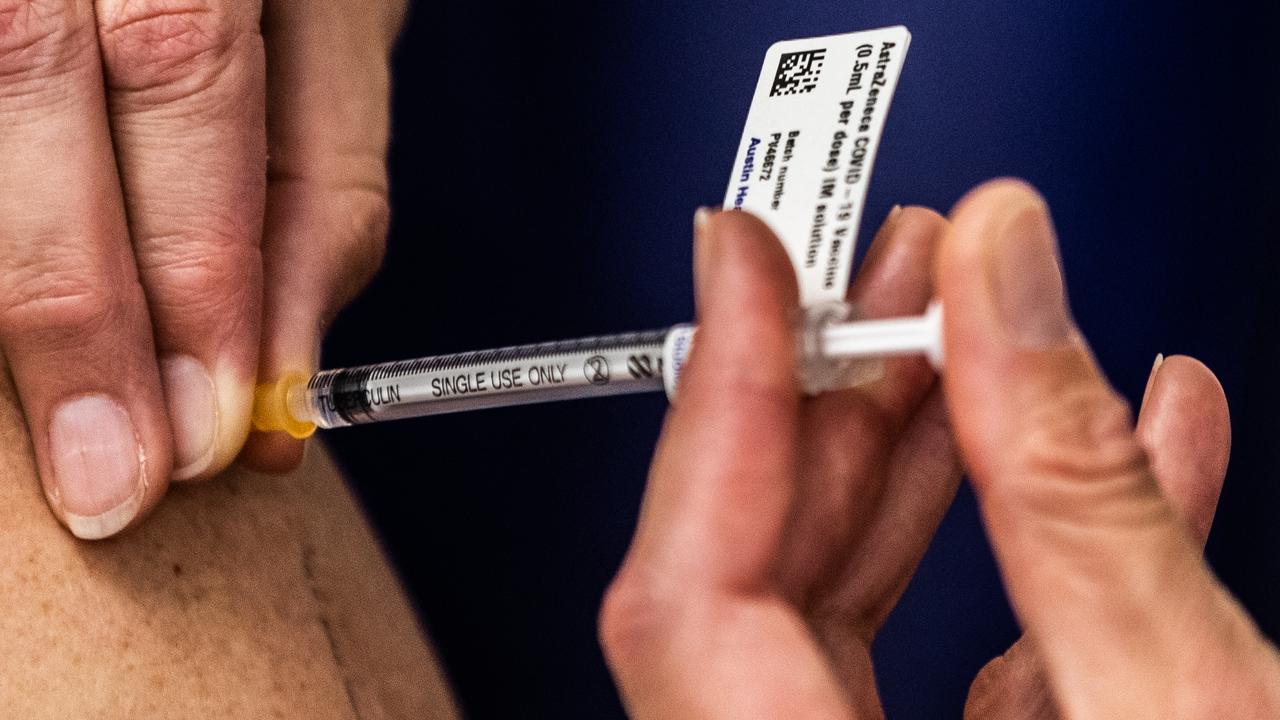Palaszczuk Government’s youth justice reforms fail to address systemic issues behind crime crisis
The Palaszczuk Government’s latest quick fix for youth justice fails to address the systemic issues that make kids gravitate towards serious crime, writes Steven Wardill.
The Palaszczuk Government’s latest quick fix for youth justice contains neither enough carrot nor stick to address the systemic issues causing this crisis.
“Tough new action to target repeat youth offenders” the press release headline of the Government’s latest reforms screamed this week.
Yet this comes less than eight months after the Government’s previous guff on this issue promised “new bail laws to target repeat youth offenders” and 18 months after celebrating “new laws to help young people stay out of detention”.
When it comes to youth justice, this Government has been all over the shop.
There’s been one denial after another that a problem even exists.
Whenever that position wasn’t sustainable, what followed was a knee jerk response to knock youth justice out of the 24/7 media cycle.

There’s been no consistent approach, let alone root-and-branch reform, to address the problem.
Critically, there’s been a failure to recognise that the genesis of the youth crime crisis is a child safety crisis which Queensland has been grappling with for decades.
The latest hodgepodge mix of measures demonstrates as much.
Assistant Police Commissioner Cheryl Scanlon, who formally headed Queensland’s Security and Counter Terrorism Command, has been charged with implementing reform.
She’s the third top cop appointed to spearhead change after Bob Gee’s appointment as director general of the Youth Justice Department and Bob Atkinson’s appointment to come up with solutions.
While the Government continues to treat this as just a criminal problem and not a sociological one, it’s going to get nowhere.
The latest measures, which were plucked from Atkinson’s report after previously being rejected, illustrate its penchant for quick fixes over reform.
For a start, high risk recidivist offenders aged 16 and 17 will be strapped with GPS trackers as a condition of bail.
Yet, these are kids who’ve repeatedly shown contempt for the law and indifference to consequence, many of whom don’t have a proper home or functioning family.

Does the Government really expect they’re going to respect the bit of plastic wrapped around their ankle and return to an address that’s are downright dangerous?
Most will cut it off at the first opportunity and police will spend weeks trying to track them down.
Under the “tough new action to target repeat youth offenders” approach, those arrested for serious offences, like break and enter and armed robbery, while on bail probably won’t get bail again.
Yet if they have a history of serious crime – and not just stealing KitKats – why was bail allowed to begin with?
Police Minister Mark Ryan has banged on repeatedly about cracking down on “hard nuts”, the 10 per cent of youth offenders who supposedly cause 48 per cent of the crime.
But between soft sentences, loose bail laws and pointless GPS trackers, Ryan’s “tough new action” will be akin to trying to crack a coconut with a toothpick.
More importantly, there was nothing in the Government’s action that remotely resembled a new plan to prevent these kids gravitating towards serious crime.

As Queensland Council of Social Services chief executive Aimee McVeigh succinctly put it “the correct approach requires time, money and commitment. There are no shortcuts”.
The Palaszczuk Government has at least dipped its toe in the water with trials of On Country initiatives in Townsville, Cairns and Mount Isa to try and address the gross over-representation of indigenous youth among recidivist offenders.
Under this $5.6 million four-year program, high-risk indigenous kids will be taken on camps and immersed in their culture in an effort to help turn their lives around.
“It is an intervention program that has to work and it will work,” Jabalbina Yalanji Aboriginal Corporation chief Kupa Teao said of his organisation’s far north program recently.
Yet elders had been pushing for such programs ad nauseam for years amid heightened concerns about youth crime.
But the Government was reluctant, which could have had something to do with the risk that On Country programs bare some similarities with Boot Camps, although without the military aspects and God bothering bit.
There has long been an ideological schism about such camps with Labor scrapping a Boot Camp trial started by the Newman Government by claim it was too expensive and ineffective.
The report it commissioned from KPMG wasn’t that clear cut.

It found “there was some evidence” that youths sent to boot camps rather than detention centres re-engaged in education and there was improvement in the behaviour of kids sent to early intervention camps.
Boot camps may have their foibles, for sure, and they’re rightly criticised for an ineffective punitive approach.
But if not them, then what?
We’re talking about children that the system has already failed, who’ve known nothing but dysfunction, many with mental illness.
Queensland needs to have penalties that match the crime and the revolving door of soft sentences and mandatory bail do nothing to deter recidivists.
Yet the real gains are to be made from early and intensive intervention and a system prepared to remove children when required.
The youth crime crisis can’t be cured by press release.



